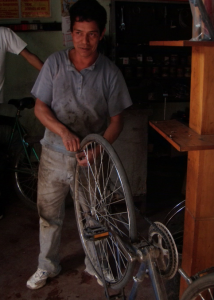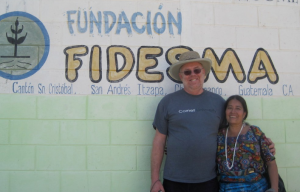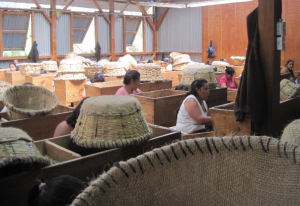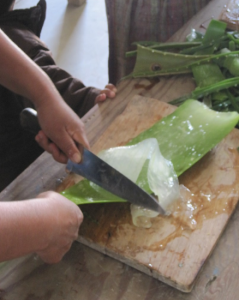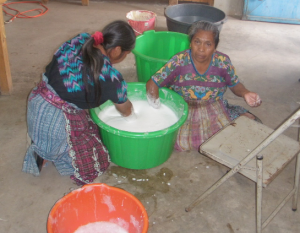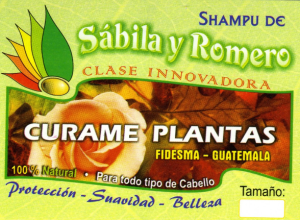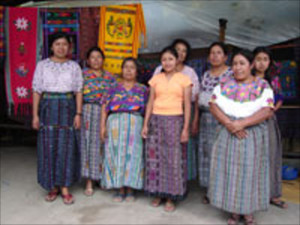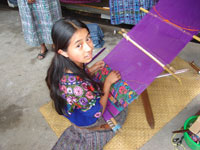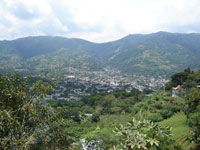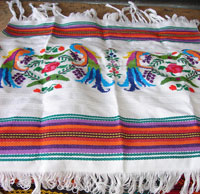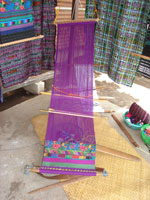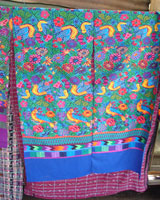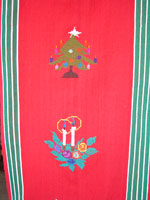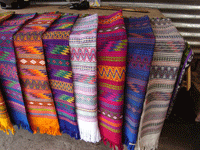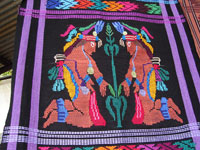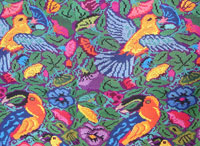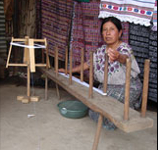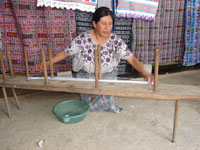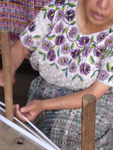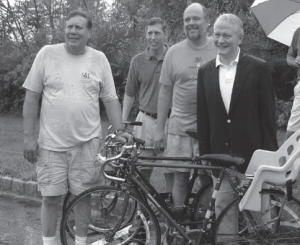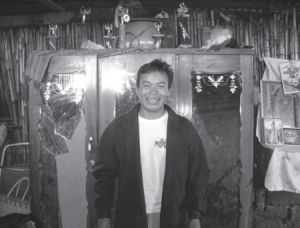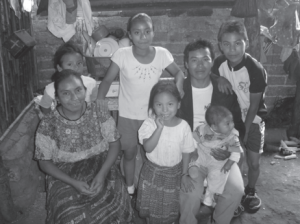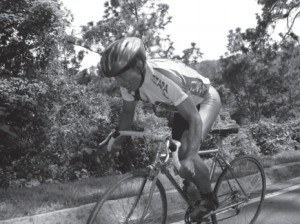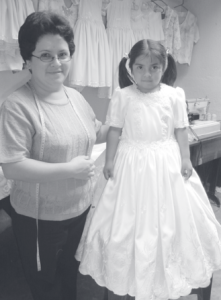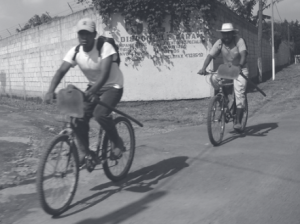by Patricia Hamill
Summer 2012 InGear
FIDESMA has established facilities in San Andrés Itzapa from which it implements its programs in all of the surrounding communities. Established in 1998, the foundation has a very clear mission: to promote the sustainable development of families and communities by initiating or supporting programs and projects in the areas of education, with technical assistance and economic aid for conservation and protection of the environment in the rural regions of Guatemala.
One grant from Japan and one from a Canadian monastery together established FIDESMA. Japan’s participation in this project enabled the foundation to erect their administrative building complete with computer labs. The foundation was also able to build satellite labs called “capacity centers” in the more remote hill regions and small towns. Each satellite lab has 4–5 computers. These labs are used solely for the purposes of teaching technological skills to those interested in this type of occupation.
The agricultural arm of the foundation exists thanks to a monastic order located in Quebec. The order had land in San Andrés and, once they became aware of what FIDESMA was setting out to accomplish, they donated a portion of this property to the foundation.
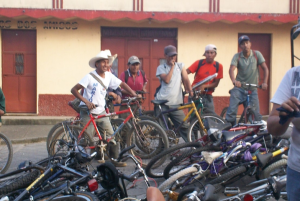
P4P partnered with FIDESMA in ’99 and, since this collaboration began, there have been more than 6,000 bicycles and close to 200 sewing machines shipped. The initial proceeds of these sales were not for discretionary spending but to use for the handicapped of the region. The unfortunate reality of life there is that children who have any type of disability, from mild physical handicaps to severe mental and physical debilitations have no opportunity for aid. There is little or no birth control in this region as well, so a severely handicapped child is most likely part of a large family, thus there is often even less money and time to attend to specialized needs. FIDESMA works to assist these families in understanding and accessing proper nutrition and consistent hygienic practices—especially for those who are especially incapacitated and unable to travel.
It’s really quite amazing how the sale of an American bike actually has enabled such products as fresh, local vegetables or a toothbrush and toothpaste to become available in a remote region in Guatemala and help an overwhelmed parent properly care for her disabled child. While these families still receive assistance, the proceeds of sales of bikes and sewing machines now also enable FIDESMA to expand their interests.
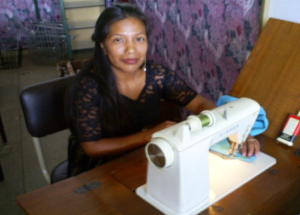
FIDESMA is fundamentally concerned with education and creating or nurturing one’s capacity to work at regular jobs or start a business. There are carpentry, baking, computer, and plumbing courses to choose from. In fact, the foundation buildings include dormitories in order to lessen students’ concern over daily travel or lodging. When you think about the combination of bicycle travel and lodging for students, two elements of this economic expansion stand out: FIDESMA is not contributing to excessive fuel consumption and is preventing pollution of the local environment.
This preservation of the community on the personal and environmental levels shows in the beaming faces in the photographs that Señora Margarita flashed before us on the screen. The audience was treated to images of small children proudly showing their perfectly sized bikes and the teenagers sporting bright red or sleek black trail bikes. Moms happily roll by with youngsters mounted behind them. One of the most memorable images was a testament to the pride that people develop when they earn rather than receive their possessions: A group of young men sporting plastic piggy banks filled with the money that they had earned and saved in order to purchase their first bikes.
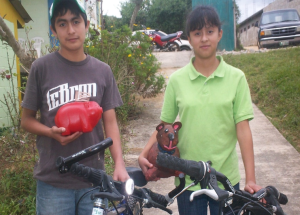
FIDESMA brings opportunity to you if you cannot come to them. Members of the foundation will take bikes out to villagers who cannot easily get to them to make the purchases. They also set up groups of bikes during feasts and holidays where there is guaranteed to be a crowd. Walk miles to celebrate? Ride home on affordable transportation.
P4P just shipped its 13th container to Guatemala. This is a long-term and strong relationship that promises to remain that way and we hope that Señora Margarita and FIDESMA’s executive director Señora Isabel Salazer will be willing to return to Hunterdon County to update us on the progress of these programs and treat us to more images of these working programs and independent business owners.

